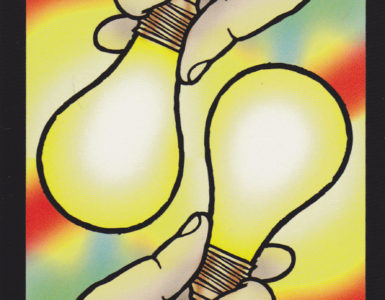Our sojourn in the Oxford, MS, Baptist Hospital facility has me thinking about faith and medicine. Frankly, the idea of mixing religion with medical treatment makes me uneasy. I want my medical advice to be rooted in science, not Scripture (or, worse, someone else’s interpretation of Scripture).
What if, for example, my best bet for recovery demanded the use of stem cells? Would a hospital steeped in fundamentalist theology offer me that protocol? Imagine needing a blood transfusion to stay alive. Would you want treatment decisions made by a physician who, as a Jehovah’s Witness, believes the procedure is a mortal sin?
I’ve seen first-hand how religiously-based prejudice can color the way some Christians treat gay people. I’m not sure I’d want someone who thinks I need “orientational healing” to be the person jabbing me with an I.V. needle … or operating on my heart.
I mentioned these concerns to Clyde, who recalled that Catholic hospitals will neglect to mention to rape victims that a “morning after pill” is available. Especially in the case of rape, dispensing the “morning after pill” strikes me as prudent. The hospital staff, however, bound by Catholic dogma, won’t offer the pill as an option — and may resist providing it even when doctors order it.
I’m not sure how big an impact the “Baptist” part of “Baptist Medical Center” has on the care here. (I do know it’s the only hospital I’ve ever been in where, every morning at 10:00, the Chaplain reads Scripture and prays over the intercom. Today, about the time Joe dozed off, the blaring morning devotional jerked him awake.) But when all is said and done, when I’m sick, I want health care workers whose first thoughts are about CAT scans and x-rays and sonograms — not chanting, holy water, or necklaces of bloody chicken feet.





Add comment